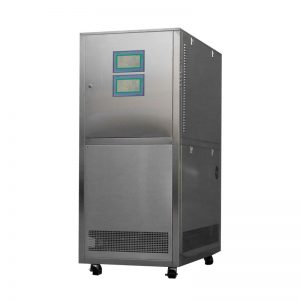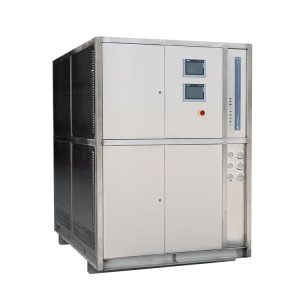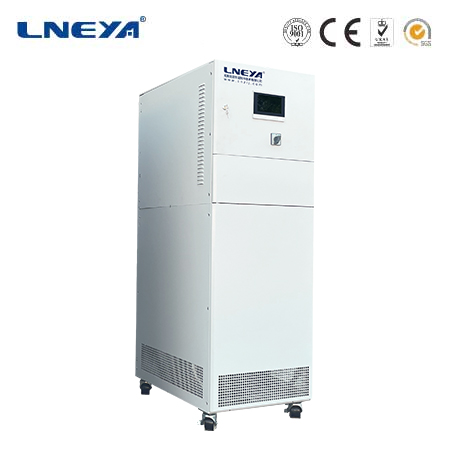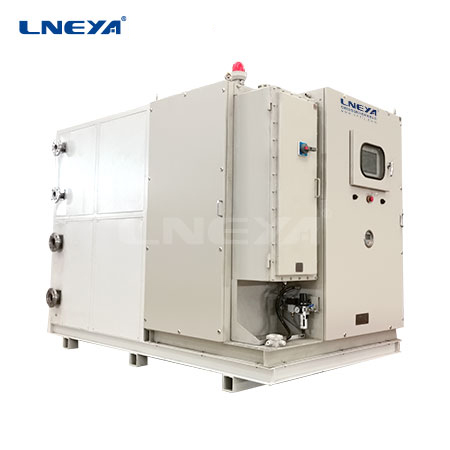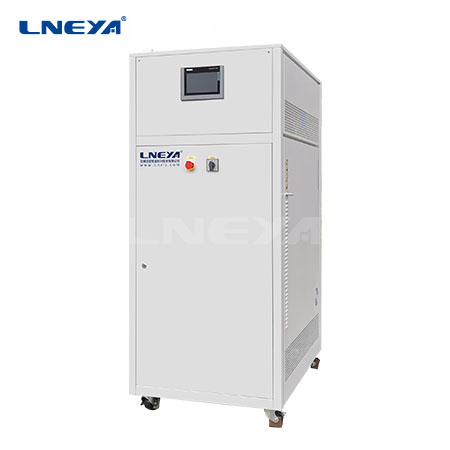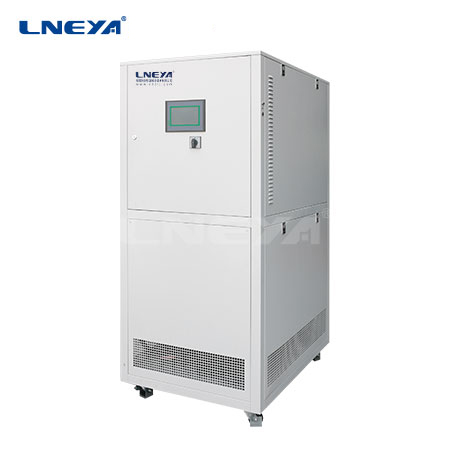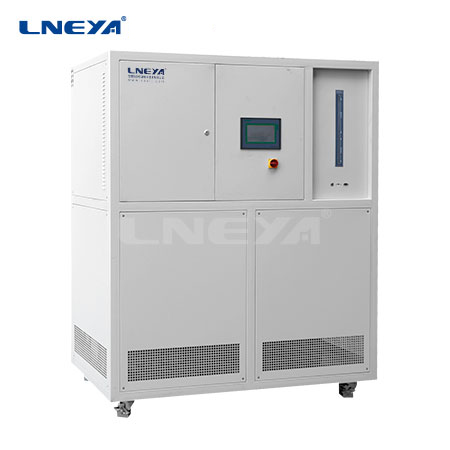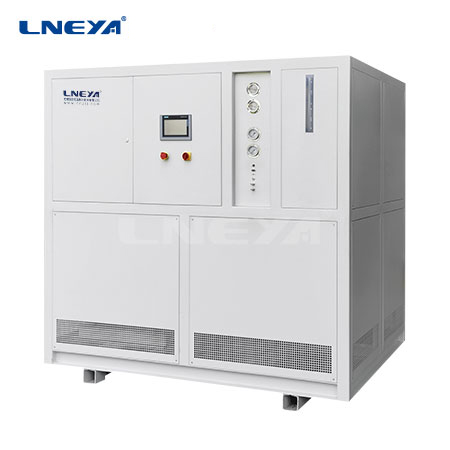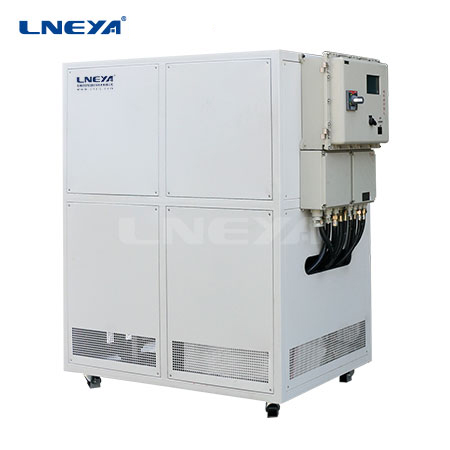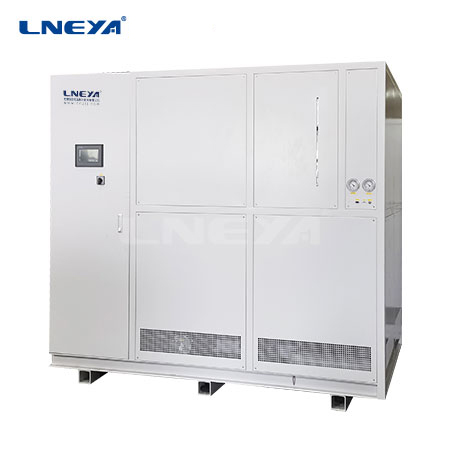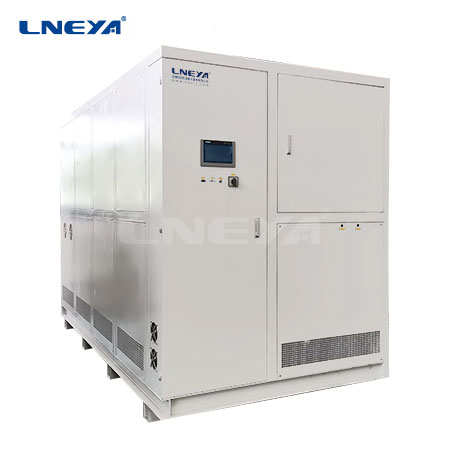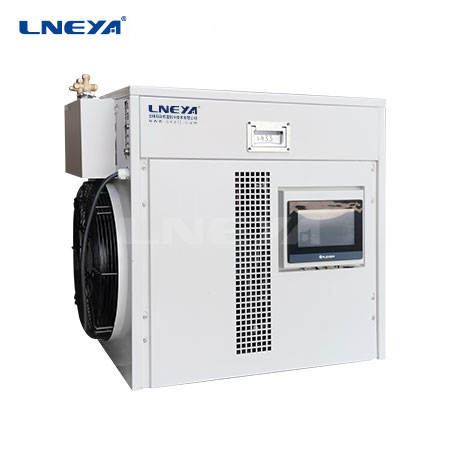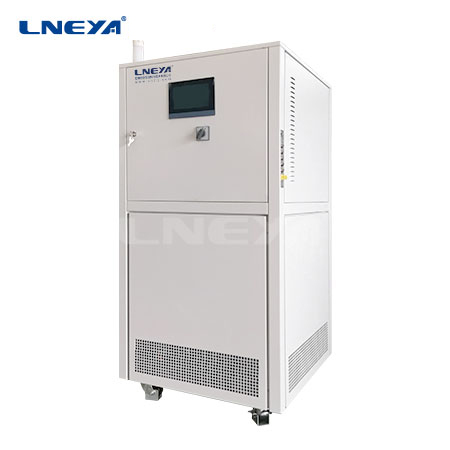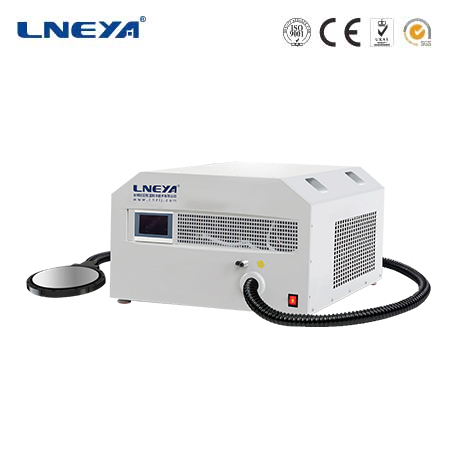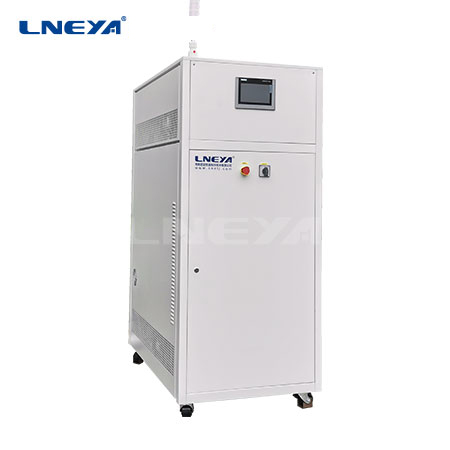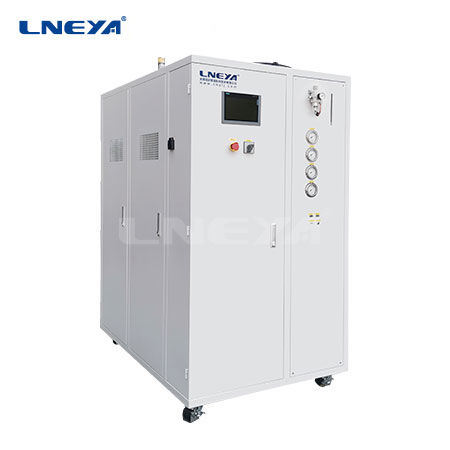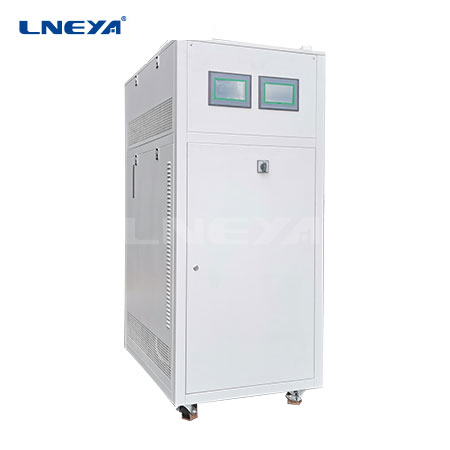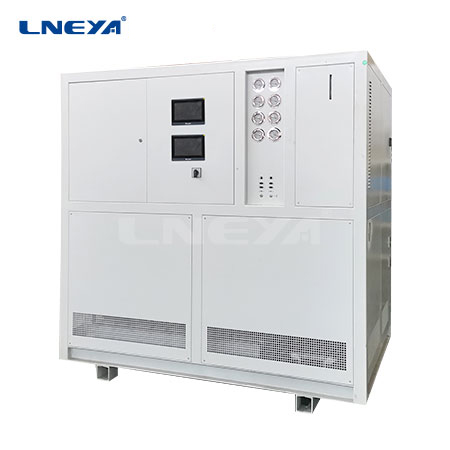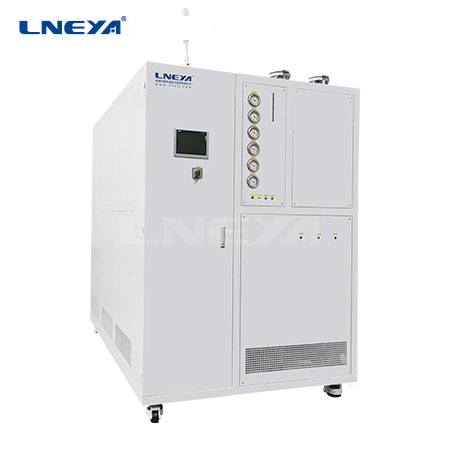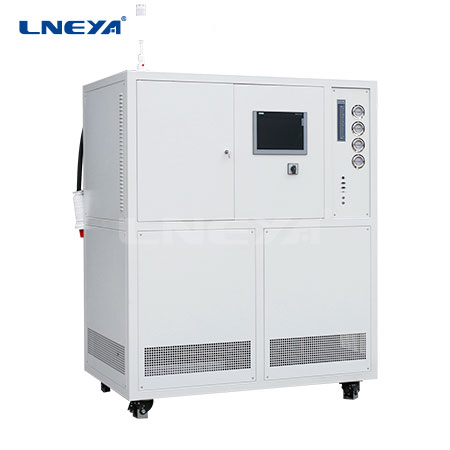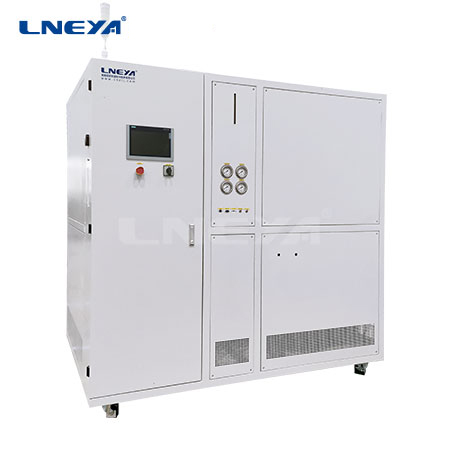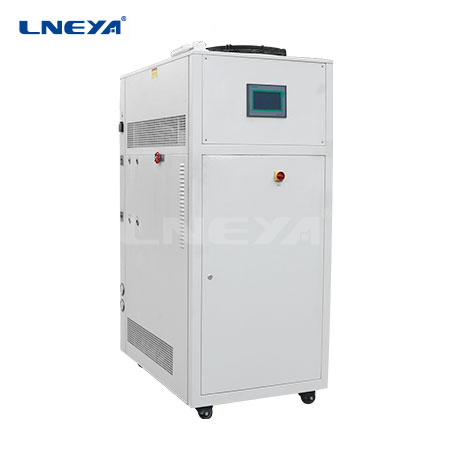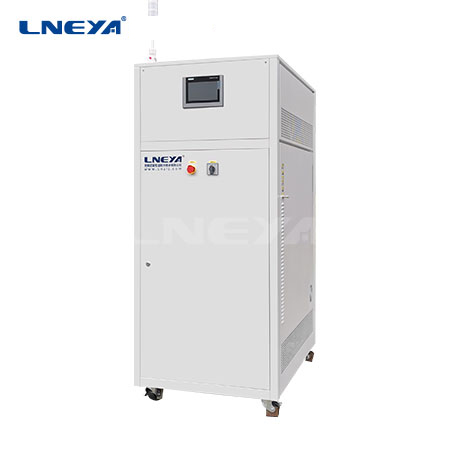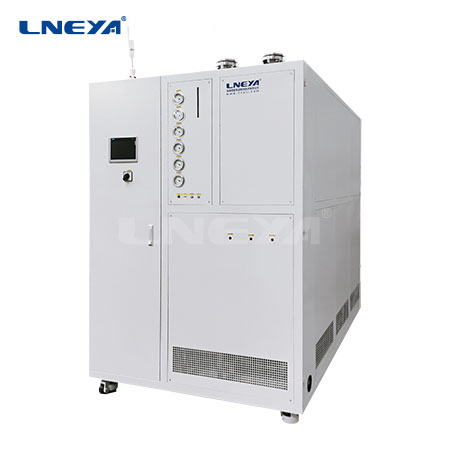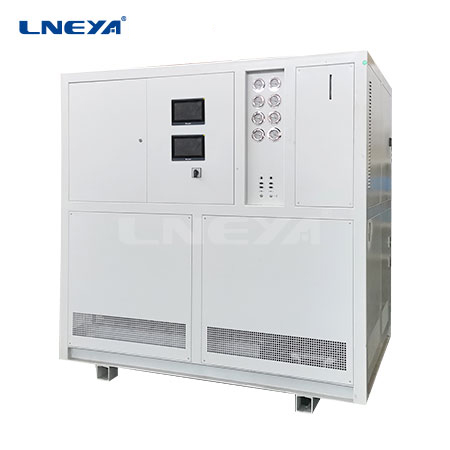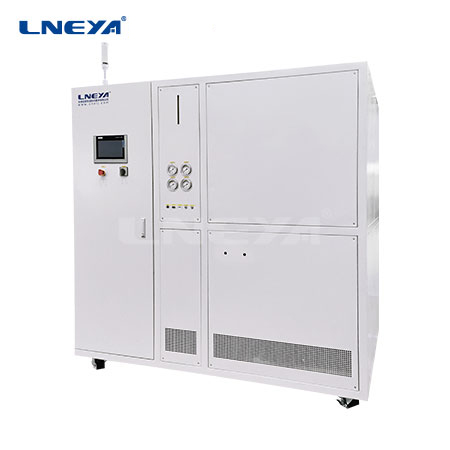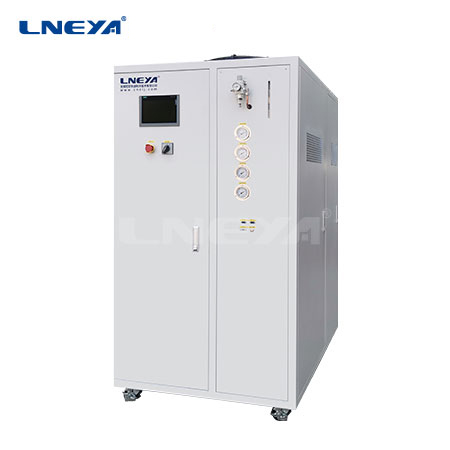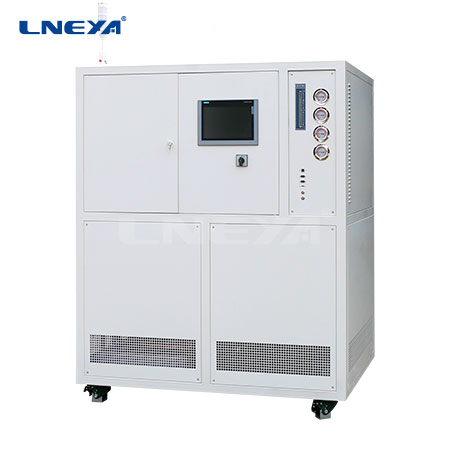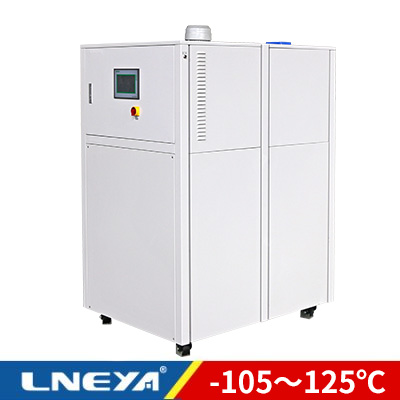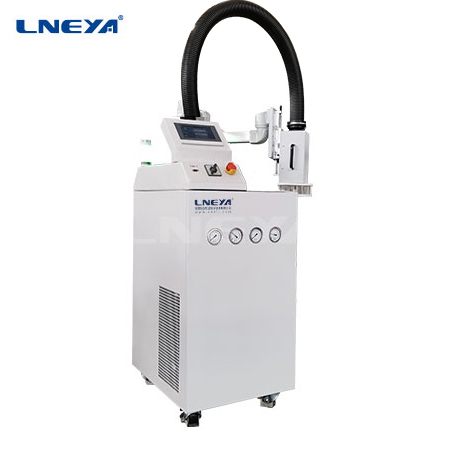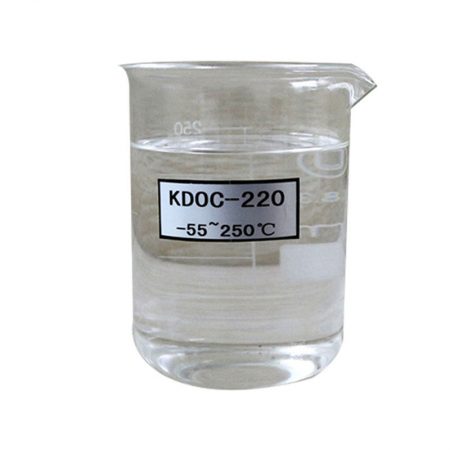Energy Storage System Cooling
Battery storage system containers are increasingly being used to store renewable energy generated by wind and solar. These containers can store energy generated during peak periods and release it when needed, making renewable energy more reliable and stable.
However, one of the main challenges of battery storage system containers is managing the heat generated by the batteries during charging and discharging. If the temperature of the battery exceeds a certain limit, it will shorten the life of the battery and even cause a fire hazard. This is where liquid cooling comes in. By using a liquid cooling system to manage the heat generated by the batteries, battery storage containers can operate more efficiently and safely.
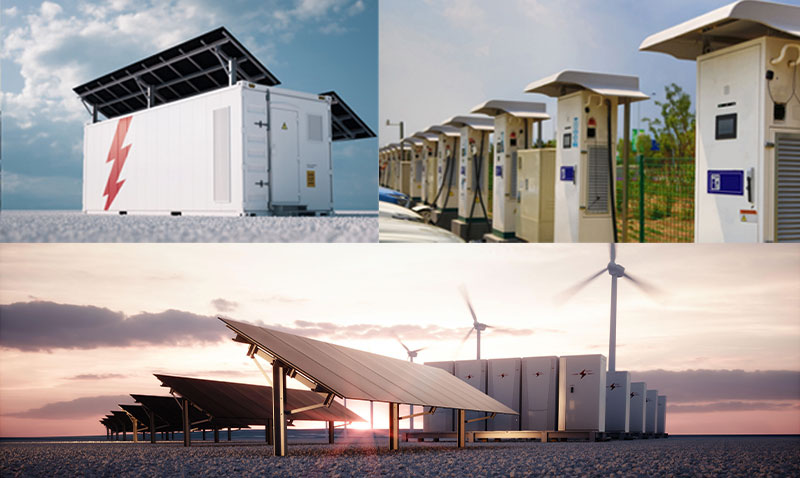
Energy Storage System Cooling Technology And Solutions
The cooling methods of the energy storage system include air cooling, liquid cooling, phase change material cooling, heat pipe cooling and so on. At present, the industry is mainly based on air cooling and liquid cooling. The advantage of the air-cooled system is that it has more price advantages, high reliability and higher penetration rate. Compared with air cooling, liquid cooling has four main advantages: lower battery pack temperature, lower operating energy consumption, lower risk of battery thermal runaway, and lower investment cost. Thermal management and phase change cooling have good thermal performance, but at a higher cost.
In the future, with the improvement of energy storage capacity and charge-discharge rate, the proportion of medium and high-power energy storage products using liquid cooling will gradually increase, and liquid cooling is expected to become the mainstream solution in the future. Especially as the energy storage system develops in the direction of large capacity and high energy density, its penetration rate will be greatly increased.
Cooling is an important aspect of energy storage systems as it helps to keep the system running safely and efficiently. In energy storage systems, refrigeration is often used to regulate the temperature of batteries, electronics and other components that generate a lot of heat during operation.

Commonly used cooling methods for energy storage systems are as follows:
1. Air Cooling: Air cooling is a simple and cost-effective method of cooling energy storage systems. It uses a fan or blower to circulate air over system components, removing heat through convection.
2. Liquid cooling: Liquid cooling is a more effective method of cooling energy storage systems than air cooling. It uses a liquid, such as water or a specialized coolant, to remove heat from system components. Liquid can be circulated through pipes or sprayed directly onto components.
3. Phase change cooling: Phase change cooling uses a special coolant that changes from a liquid state to a gaseous state to remove heat from system components. This approach is very effective, but can be expensive and complex to implement.
4. Hybrid cooling: The hybrid cooling system combines two or more cooling methods to provide the best cooling solution for the energy storage system. For example, a hybrid cooling system might use air cooling for some components and liquid cooling for others.
The choice of cooling method mainly depends on factors such as the size, type, operating conditions of the energy storage system, and the cost and complexity of the cooling system. Designing efficient, reliable and safe cooling systems is very important to ensure the performance of energy storage systems.
Advantages of Energy Storage System Cooling
- Good heat dissipation: Compared with air cooling, liquid cooling has a better heat dissipation effect and can more effectively remove the heat generated by system components, which is suitable for large-scale energy storage systems.
- Strong scalability: liquid cooling can be easily expanded to meet the needs of large-scale energy storage systems, and the cooling efficiency of the system can be easily improved by increasing the number of liquid circulation pipelines and radiators.
- High temperature control accuracy: Liquid cooling can control the temperature of system components more precisely by controlling flow and temperature, allowing the system to maintain stable performance under a wider range of operating conditions.
- Less noise: Compared with air cooling, liquid cooling is less noisy, because good sound insulation design can reduce the noise generated by the liquid pump and radiator.
- Strong corrosion resistance: The coolant used in liquid cooling has good corrosion resistance and can be used for a long time without adversely affecting the system.
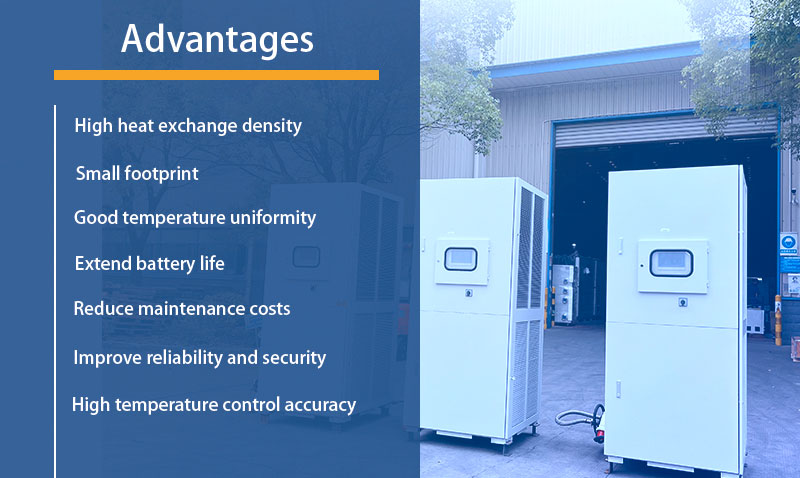
Products And Solutions
| Model | CNYL -45 |
| Cooling Capacity | 45KW |
| Temperature Control Accuracy | ±0.5℃ Real-time temperature record |
| Secondary Refrigerant | Ethylene glycol antifreeze, fully enclosed design of refrigerant circulation system |
| Refrigerant | R410A |
| Flow | 300L/min~400L/min Set display history |
| Low Pressure electrical | Schneider/Siemens |
| Display Screen | 7 inch color touch screen |
| Power | 380V 50HZ Choose 220V60HZ 460V 60HZ |
| Shell Material | Cold-rolled sheet spray REL7035 |
| Internal Piping | SUS304 |
| Model | CNYL-5 | CNYL-8.5 |
| Cooling Capacity | 5KW | 8.5KW |
| Accuracy | ±0.5℃ Real-time temperature record | ±0.5℃ Real-time temperature record |
| Minimum water inlet temperature | 15℃(Can be customized according to the battery system) | 13℃(Can be customized according to the battery system) |
| System pressure sensor detection | Liquid outlet pressure, liquid inlet pressure, refrigeration system high and low pressure | |
| COP | *2.0 | *2.2 |
| Compressor | Hermetic compressor (1 set) | 34cm3 /revFully enclosed scroll compressor (1 set) |
| Refrigerant | R410A | R410A |
| Display | 7 inch color touch screen | 7 inch color touch screen |
| Ambient operating temperature range | -45℃~55℃ | |
| Control voltage range | 18-32V | 18-32V |
| Refrigeration high pressure maximum power | 2.2KW | 3.5KW |
| Refrigeration average input electric power (kW) | +1.5kwadjustable frequency | +2kwadjustable frequency |
| COP | *2.0 | *2.2 |
| Model | CHDYL-4 |
| Cooling Capacity | 4KW |
| Accuracy | ±1℃ Real-time temperature record |
| Compressor | Hermetic compressor (1 set) |
| Refrigerant | R134A |
| Display | 7 inch color touch screen |
| Control system | PLC |
| Communication | CAN |
| Ambient operating temperature range | -45℃~55℃ |
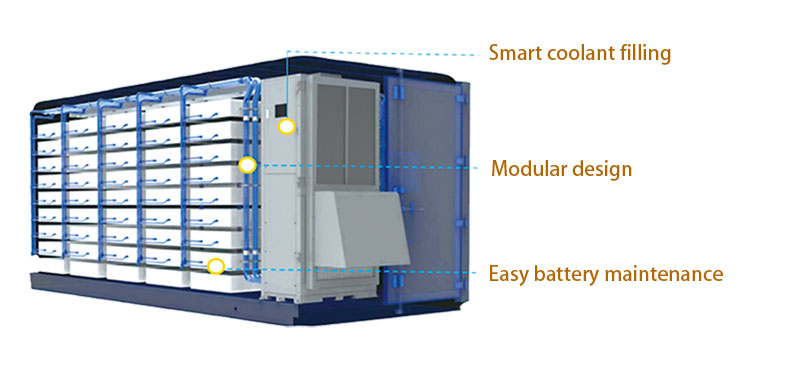
We provide complete temperature control system design and manufacturing. From standard models to complete customized products up to 1000 tons. We specialize in customer service and are dedicated to helping each customer have the optimal temperature control system for their specific need.
We provide non-standard customized solutions.
Email: Lilia@lneya.com WeChat ID: +8615251628237 WhatsApp: +86 17851209193

Why Choose Us?
LNEYA is a professional temperature control equipment manufacturer with decades of experience in research and development in the field of high and low temperature control, and its products are used in various industries. We can design any temperature control system according to your requirements, whether it is accessories: pumps, heat exchangers, condensers, etc., or refrigeration types: air-cooled, water-cooled, multiple cooling circuits, etc.

Our Services
Customized Designs—Our products can be built in any type of variation to your exact specifications.
Competitive Pricing—We offer great prices on equipment that exceeds industry standards, guaranteeing the highest quality.
Same Day Quotes—Get a quote for your project today! We often provide custom quotes in as little as 30 minutes.
24/7 Customer Service—We are always here for you. Whether you have a question or need a quote, there’s always somebody here to communicate with you 24/7.
Durable and Reliable Equipment—Our products are built with premium-grade materials, and we offer competitive warranties on all custom chillers.
Contact Us Today
Contact us today and learn more about our abilities in manufacturing custom chillers. Our staff welcomes any application challenges concerning your custom chillers.
Dear Sir/Madam, please fill out the form below and one of our team members will be in touch shortly!
Email: Lilia@lneya.com WeChat ID: +8615251628237 WhatsApp: +86 17851209193

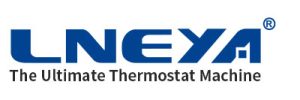 LNEYA
LNEYA
 简体中文
简体中文










